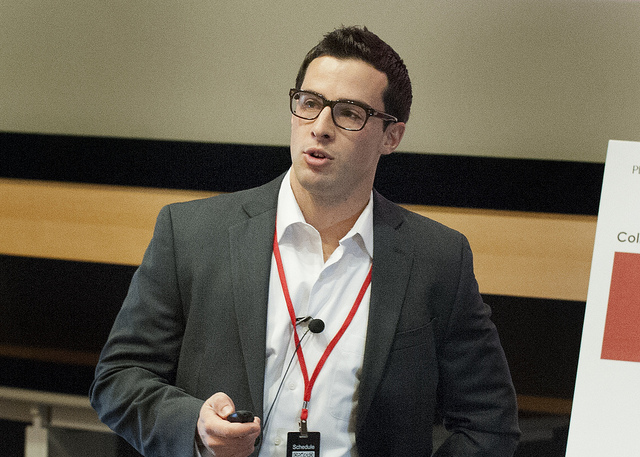
Image by Perzon SEO
On September 19, 2017, the American Immigration Council in cooperation with Mayer Brown LLP, filed a lawsuit in federal district court on behalf of the National Venture Capital Association (National Venture Capital Association, et.al. v. Duke, et. al.) challenging the President’s postponement of the International Entrepreneur Rule. The Plaintiffs in the lawsuit collectively argue that the United States Department of Homeland Security (DHS), unlawfully delayed enforcement of the International Entrepreneur Rule by circumventing key provisions of the Administrative Procedure Act.
In order for a federal rule to become effective, the Act requires federal agencies to abide by a notice-and-comment rule making procedure, a process by which the government invites the public to comment on a proposed version of a government rule published in the Federal Register. After the comment period has ended, the government responds to comments, considers feedback, and decides whether such feedback will have any influence on the content of the rules. The Supreme Court has ruled that the notice-and-comment procedure is required for “legislative” or “substantive” rules that intend to “bind” the public, and that similar to a statute, these types of rules have the “force and effect” of law. The notice-and-comment rule making requirement, however does not apply to interpretive rules, which are rules that do not bind the public or have the “force” of law in the same way that legislative or substantive rules do. The National Venture Capital Association argues that the government unlawfully invoked the “good cause” exception of the APA to postpone the Rule, and that the Rule was unlawfully halted under the pretext that doing so would prevent harm to the public interest, when no emergency situation existed which would allow such a delay.
The International Entrepreneur Rule was first published in the Federal Register on January 17, 2017, and the notice-and-comment period was set to begin 30 days from the date of the rule’s publication in the federal register. However, the government never announced a comment period for the Rule. On July 13, 2017, the Department of Homeland Security announced that the implementation of the rule would be delayed to March 14, 2018, at which time the government would seek comments from the public, with a plan to rescind the rule.
Continue reading
 Visa Lawyer Blog
Visa Lawyer Blog











